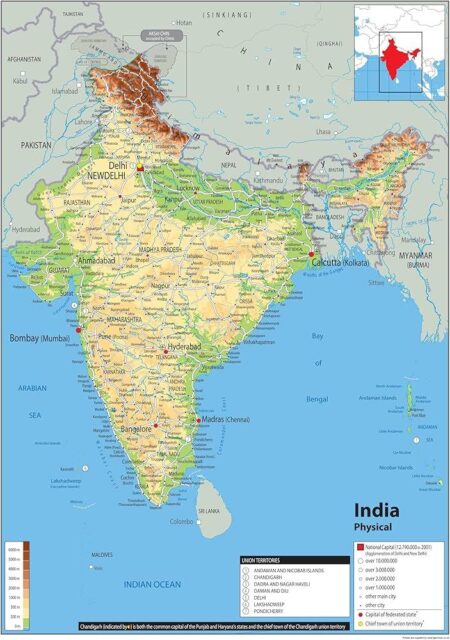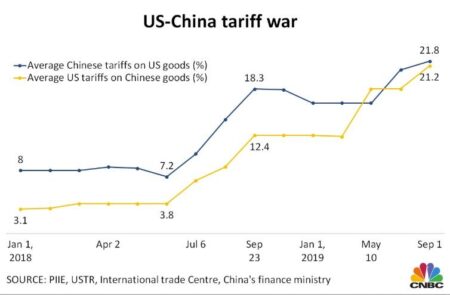India is under growing pressure to lift tariffs and open its doors wider to global giants like Amazon and Walmart’s Flipkart. As these industry titans seek to expand their footprint, the government finds itself at a crossroads, striving to balance the needs of local businesses with the allure of foreign investment. The stakes are high, and the path forward is anything but straightforward.
Browsing: e-commerce
Exciting news from Brazil’s Meliuz! The company is gearing up to unveil a groundbreaking initiative designed to supercharge its Bitcoin buying strategy. This bold move aims to draw in a wave of cryptocurrency enthusiasts, harnessing Meliuz’s popular cashback platform to encourage crypto transactions in the booming digital economy.
As the U.S.-China tariff war intensifies, Canadian consumers may face rising online shopping prices. Experts warn that increased tariffs on Chinese goods could lead to higher costs for retailers, which might be passed on to Canadian shoppers.
MercadoLibre has announced a significant investment of $5.8 billion in Brazil for 2023, underscoring its commitment to expanding its operations in the region. This move aims to enhance logistics, technology, and customer service in the fast-growing e-commerce market.
In a recent escalation of trade tensions, Trump’s proposed tariffs on Chinese goods are set to significantly impact ‘Main Street’ U.S. businesses that rely on Amazon. Experts warn that increased costs could crush small retailers struggling to compete.
TikTok is set to launch its shopping feature, TikTok Shop, in France, Germany, and Italy, further enhancing its e-commerce capabilities. This move aims to integrate social media and online shopping, allowing users to purchase products directly through the platform.
In 2025, Bain & Company projects that India’s online shopping landscape will be transformed, driven by advanced technologies and changing consumer preferences. With increased mobile penetration and enhanced logistics, e-commerce is set to thrive, reshaping retail dynamics nationwide.
A critical PHP-CGI remote code execution (RCE) vulnerability has been exploited in recent cyberattacks targeting Japan’s technology, telecom, and e-commerce sectors. Security experts urge businesses to patch systems promptly to prevent further breaches.
Japan’s KDDI is experimenting with drone delivery services in a remote mountain village, aiming to enhance logistics in areas with challenging terrain. This initiative seeks to improve accessibility and support local communities, reflecting technological advancements in rural transport.









